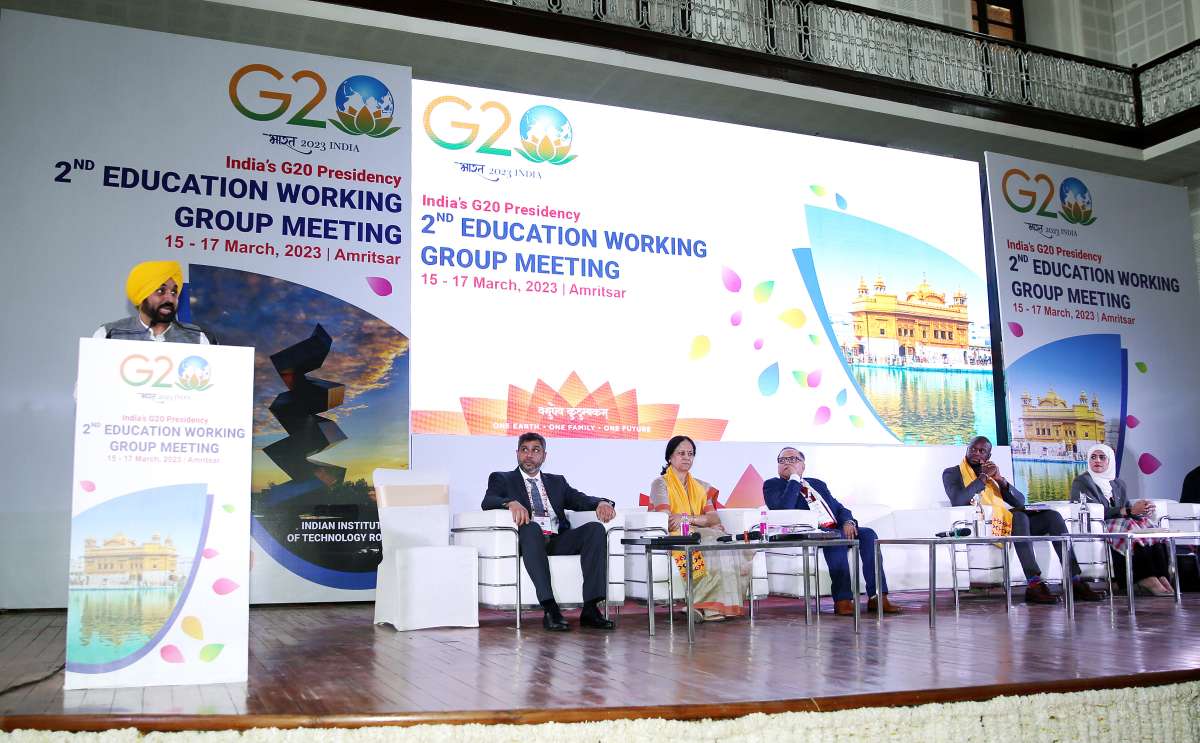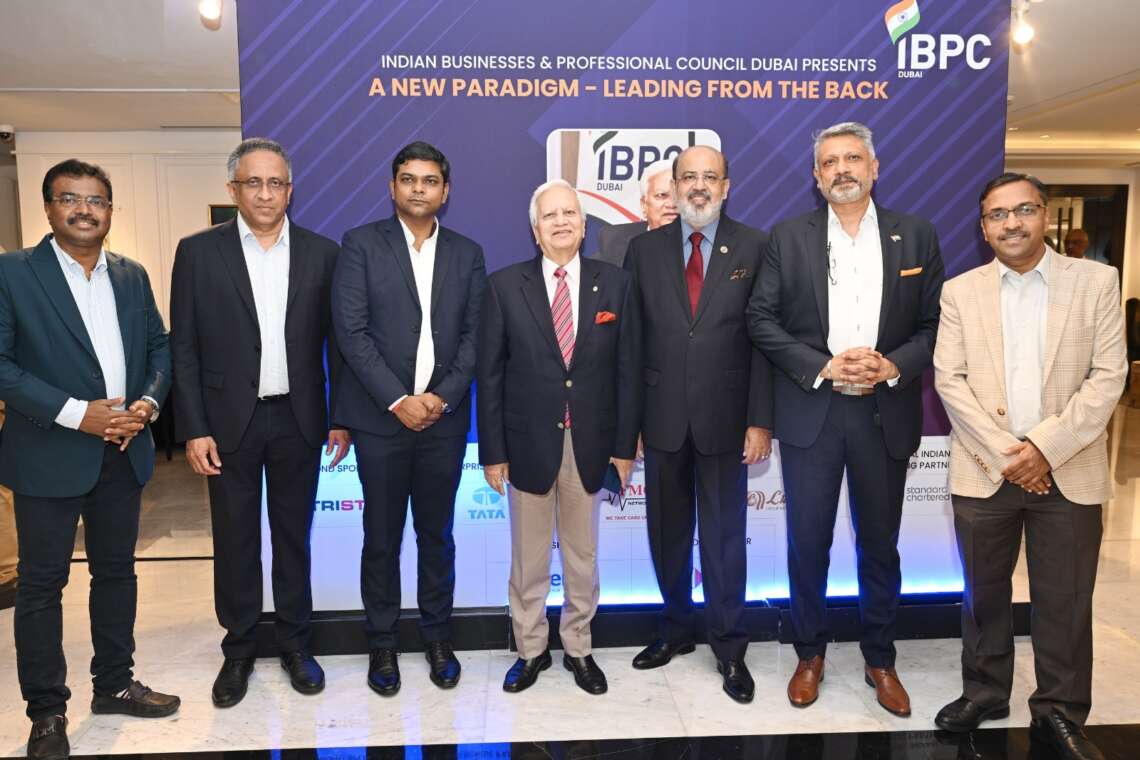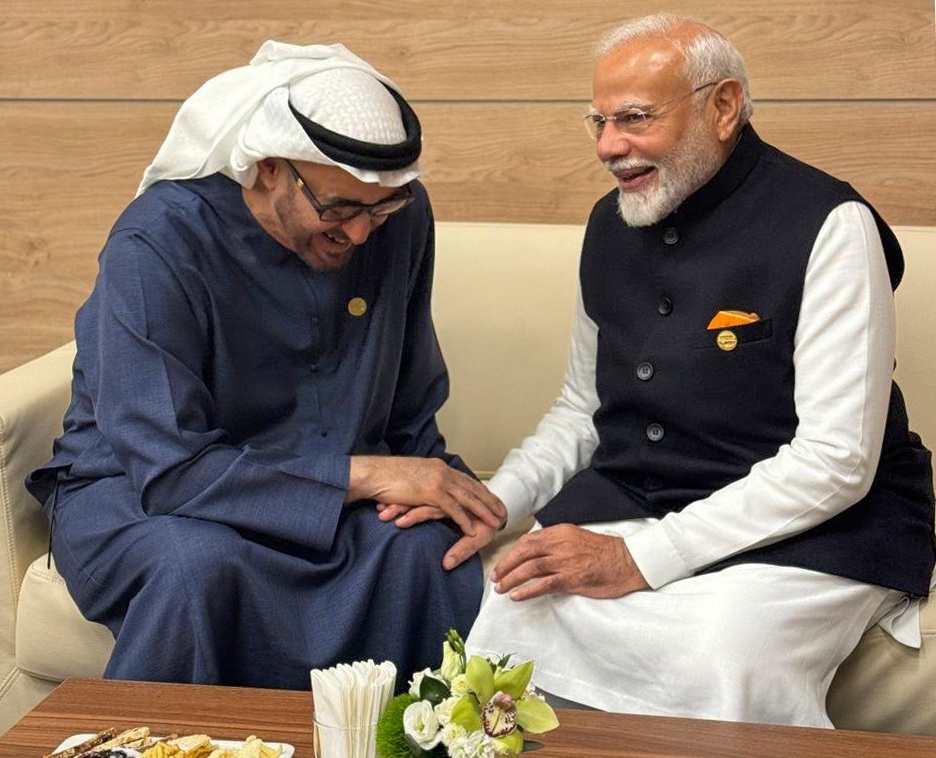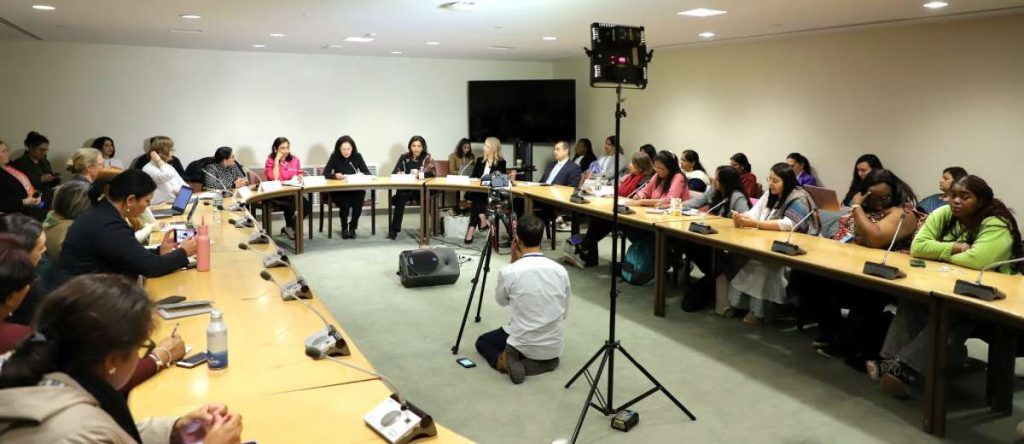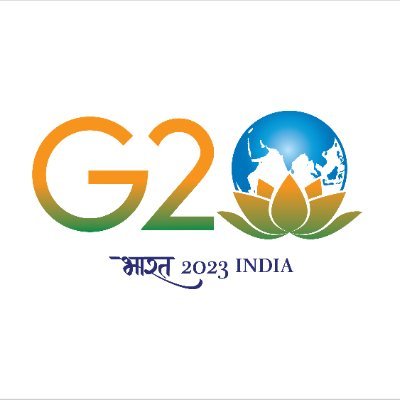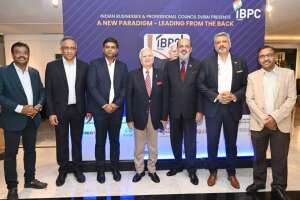Seminar by Ministry of Education urges research collaboration as key to break silos to promote translational research for achieving sustainable development goals…reports Asian Lite News
Highlighting India’s opportunity to establish itself as a leader in research and innovation, India’s G20 Presidency took centrestage at Khalsa College here in Punjab, where IIT Ropar under the Union Ministry of Education hosted a seminar on ‘Strengthening research and promoting innovation through richer collaboration’.
The event brought together delegates from the G20 Education Working Group to discuss the future of work and innovation, with a focus on building bridges across nations for equitable development.
Rajeev Ahuja, Director, IIT Ropar, welcomed the participants and highlighted India’s opportunity to establish itself as a leader in research and innovation globally.
Union Higher Education Secretary K. Sanjay Murthy also attended the event.
Govind Rangarajan, Director, IISC, shared enlightening thoughts on interdependency of domains and interdisciplinary action for solving problems.
He also highlighted India’s frugal innovations, which have the potential to solve problems of the developed world, and the need to acknowledge and use grassroots innovation.
B.S. Murty, Director, IIT Hyderabad, stressed the need for synergy between government, academia and industry to find solutions to pressing world problems.
He highlighted that the National Education Policy 2020 has brought in path-breaking reforms and various programmes are helping promote cross-institutional collaboration in the country.
The first panel titled ‘Research in emerging and disruptive technologies, Industry — 4.0’ moderated by Anil Gupta and chaired by Rajeev Ahuja brought together panelists from Australia, France, India and the UK who shared pertinent insights on the role of various stakeholders to promote research on the emerging innovations, their impact on education systems and society in general.
The second panel on ‘Research in sustainable development goals’ chaired by Shalini Bharat with panelists representing China, Oman, South Africa, the UAE and Unicef laid importance on enhancing the capacities of universities being the core of research.
One of the panelists, Alison Dell, Assistant Secretary, Australian government’s Department of Education, discussed the national collaborative infrastructure scheme in her country, and what her government has been doing in moving towards applied research.
She emphasised on the importance of international collaboration in research and innovation, highlighting the successful partnerships between Australian and Indian institutions in the past.
She expressed hope that such collaborations would continue to thrive and contribute to the sustainable development of both nations.
The seminar focused on bridging the gap between government, academia and industry linkages for designing solutions for addressing global challenges. There is a need for bringing multidisciplinary to education.
The discussion reached a consensus that research collaboration is the need of the hour and countries and institutions need to break silos to promote translational research for achieving sustainable development goals, just as they did during the Covid-19 pandemic.
There is also a need to establish frameworks for sharing research data and outputs. G20 countries should also work towards establishing a common framework for effective use of emerging and disruptive technologies to address global challenges.
At a side-event, Syngenta, in partnership with IIT Ropar, displayed its biodiversity sensor project.
The company is showcasing the deployment of drones for use in spraying crop protection solutions and how it is empowering farmers by helping them save money, labour cost and time to enhance their income eventually.
Punjab Chief Minister Bhagwant Mann witnessed Syngenta’s farmer-centric tech solutions and complimented the biodiversity sensor initiative which is the key to understanding and monitoring biodiversity in state farms.
Biodiversity sensor project is Syngenta, IIT Ropar and Fraunhofer joint initiative.
The low-cost, solar-powered biodiversity sensor features continuous biodiversity monitoring that automatically, autonomously, and reliably identifies most insect species.
This data will give researchers, policy-makers and farmers the information they need to help biodiversity thrive.
ALSO READ-Sikkim all set for G20 meets

